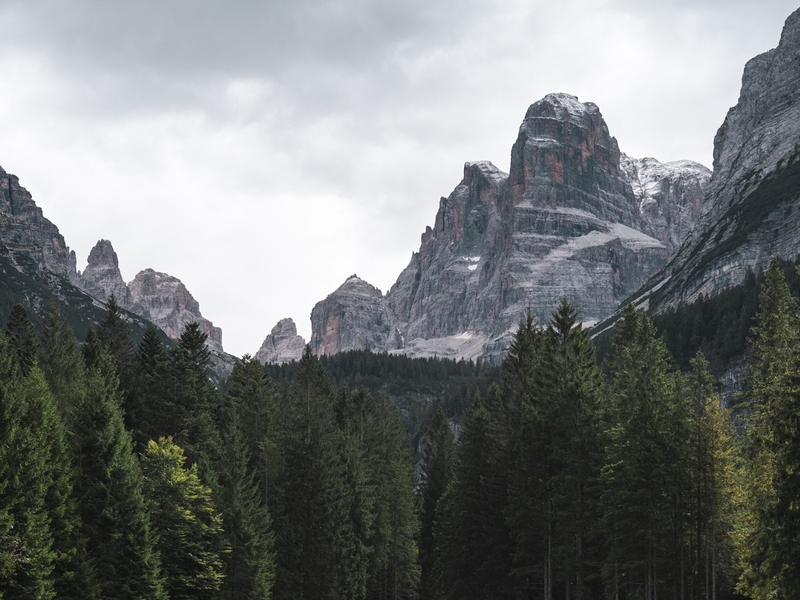Europe Hooray!
Every year on 9 May, European citizens celebrate Europe Day. This day commemorates the historic ‘Schuman declaration’, signed on 9 May 1950. Robert Schuman's idea for a new form of political cooperation was an ambitious plan to secure long-term peace in post-war Europe, which would make war between the European nations unthinkable. His proposal is considered to be the beginning of what is now the European Union. In the current context of the war in Ukraine, the importance of working for peace in Europe is all the more obvious and necessary.
After World War II, a wave of new festivals emerged. People, countries, and nations wanted to create a new identity for themselves. They wanted to get back to the positive environment they knew before and celebrate the fact they can return to each other and be together.
The European Festivals Association itself was originally also created by fifteen of these post-war festivals, among whom remains today Holland Festival and Berliner Festspiele.
Let’s zoom in on some of these festivals that have existed for decades and that continue to play a very important role today.
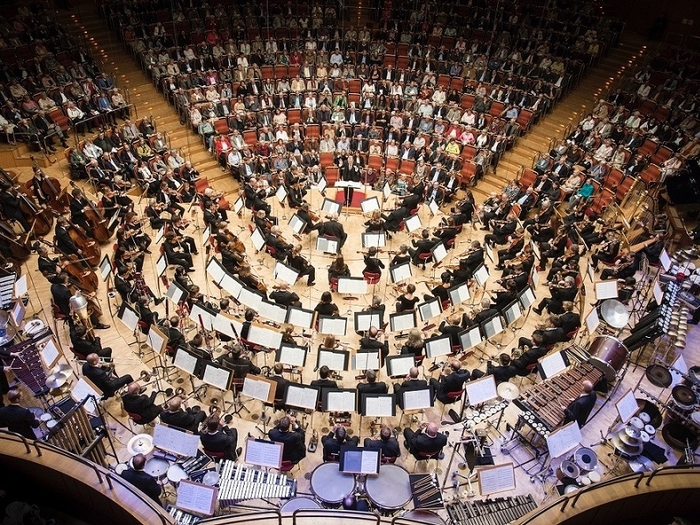
Prague Spring Festival
12 May – 3 June 2022
It’s the year 1946 and Prague is hosting the first ever Prague Spring International Classical Music Festival, initiated by the world-famous conductor Rafael Kubelík. The former Czechoslovak President Dr. Edvard Beneš provided patronage, establishing this way a tradition that continues to this day. This year the festival celebrates its 77th anniversary.
From 12 May until 3 June 2022, there will be nearly forty concerts. Framing the festival will be appearances by two great conductors. Daniel Barenboim, one of the most acclaimed artists of our time, is returning to the Prague Spring to open the festival with a performance of Smetana’s Má vlast, this time with the West-Eastern Divan Orchestra. At the festival’s final concert, Andris Nelsons will lead the Vienna Philharmonic in a programme including Dvořák’s Sixth Symphony.
Picture: Website
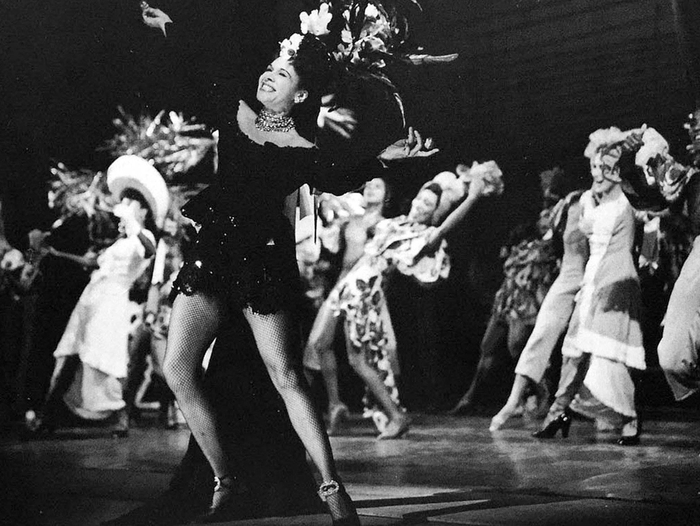
Holland Festival
3 – 26 juni 2022
In 1947, a one-off summer festival was organised in The Hague and Amsterdam, under the title High Arts in the Lowlands. As the need for art in the post-war country was great, this festival has been created to bring music, theatre and visual arts together and offer an interesting programme to audiences. The main initiator Henk Reinink hoped that ‘with combined forces, something great could be achieved’, which happened the following year when the very first Holland Festival opened on the evening of Tuesday 15 June 1948 in the Amsterdam City Theatre.
This year, the Holland Festival celebrates its 75th anniversary. The festival will take place from 3 to 26 June at various locations in Amsterdam. For this jubilee edition, they have put together a varied programme with theatre, music, dance, opera, musical theatre and multidisciplinary performances from all over the world.
Picture: Website
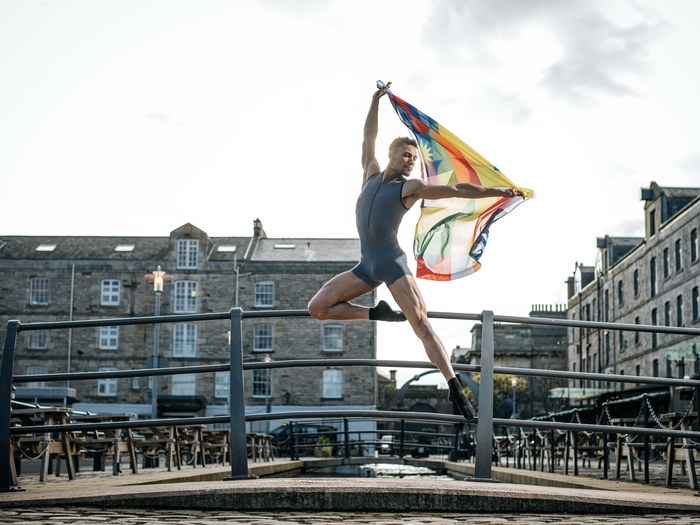
Edinburgh International Festival
5 – 28 August 2022
The Edinburgh International Festival was established in 1947 as a world class cultural event, aiming to bring together audiences and artists from around the world. The festival was the idea of Rudolf Bing, the General Manager of Glyndebourne Opera, Henry Harvey Wood, the Head of the British Council in Scotland, and leaders from the City of Edinburgh.
Also celebrating their 75th anniversary this summer, the festival’s programme is packed with adaptations of works by major literary heavyweights. Bestselling contemporary blockbusters and beloved fairy tales alike have been reimagined as plays, operas, symphonies and choral compositions by some of the world’s most exciting artists.
Picture: Facebook
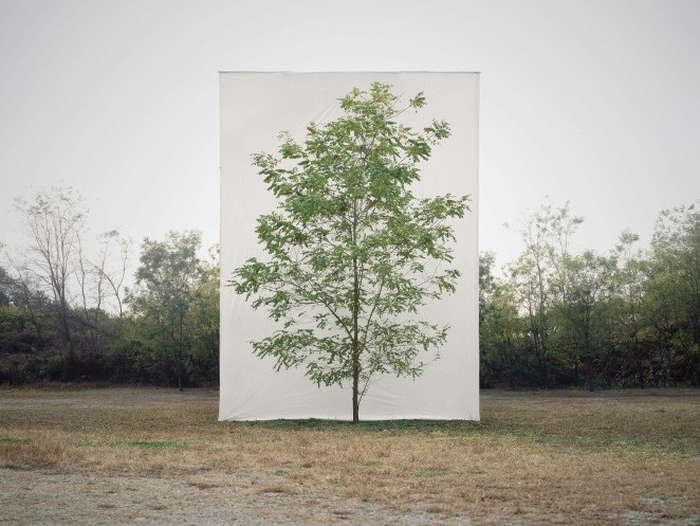
Berliner Festspiele
3 – 6 November 2022
The first Berlin Festival opened on 5 September 1951 in the reconstructed Schiller Theater with Ludwig van Beethoven's 9th Symphony, performed by the Berlin Philharmonic Orchestra conducted by Wilhelm Furtwängler. As part of the first Berlin Festival Weeks, Berlin's municipal and private theaters are developing a three-week programme that includes various artistic genres and popular sports and major events.
Berliner Festspiele exists of a combination of different festivals , exhibitions, programme series, special events and guest performances. You can find all the date of the festivals and of the In our Yearly Schedule, exhibitions, important events and guest performance that have already been confirmed in their yearly schedule, via this link.
Picture: Website
